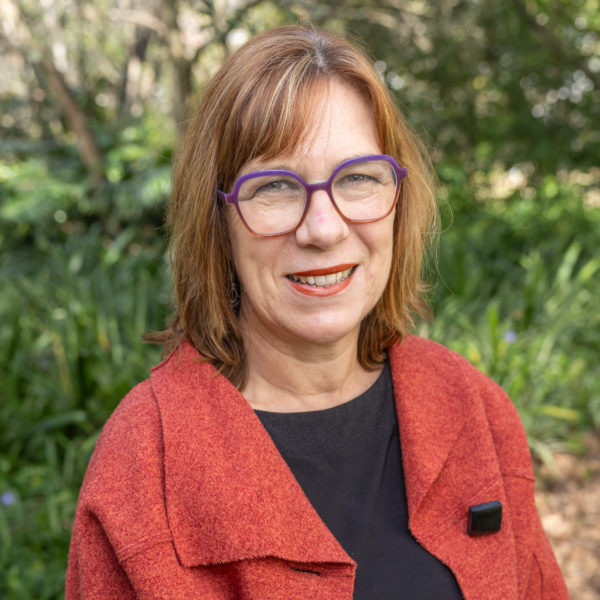During this last half century of global expansion in higher education, attention focused on the population of “first-generation students”: those whose parents had not been to university. But this concept assumes that one generation through higher education erases all inequalities, something research demonstrates to be more wishful thinking than true. Democratic South Africa offers a case study for exploring the experiences of contemporary “second-generation students”, those whose parents entered university in the 1980s and 1990s. This research project questions the assumption that current dissatisfactions predominantly reflect the challenges for those whose families are new to university. In contrast, it proposes to explore the perhaps more unsettling position that second-generation students face a harder, not easier task: swallowing the promises of higher education, while facing a broader socio-economic context characterized by crisis, polarisation and statis, compared to the heady days of the early post-Cold War period. However, it is here that intergenerational solidarity serves as the lynchpin for societal survival, and so, perhaps paradoxically, higher education will still have a key role to play. Within this setting, this project will test this hypothesis, exploring practically the potential for productive conversations between South Africa’s earlier population of first-generation students and their children.
Menu
Share this project:
Share on whatsapp
WhatsApp
Share on email
Email
Share on facebook
Facebook
Share on twitter
Twitter
Share on linkedin
LinkedIn
Is any information on this page incorrect or outdated? Please notify Ms. Nel-Mari Loock at [email protected].

